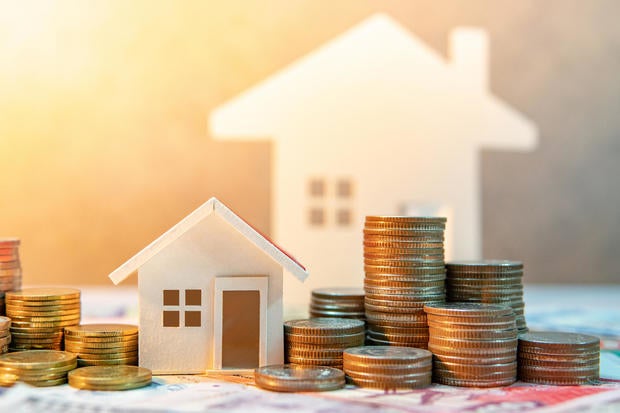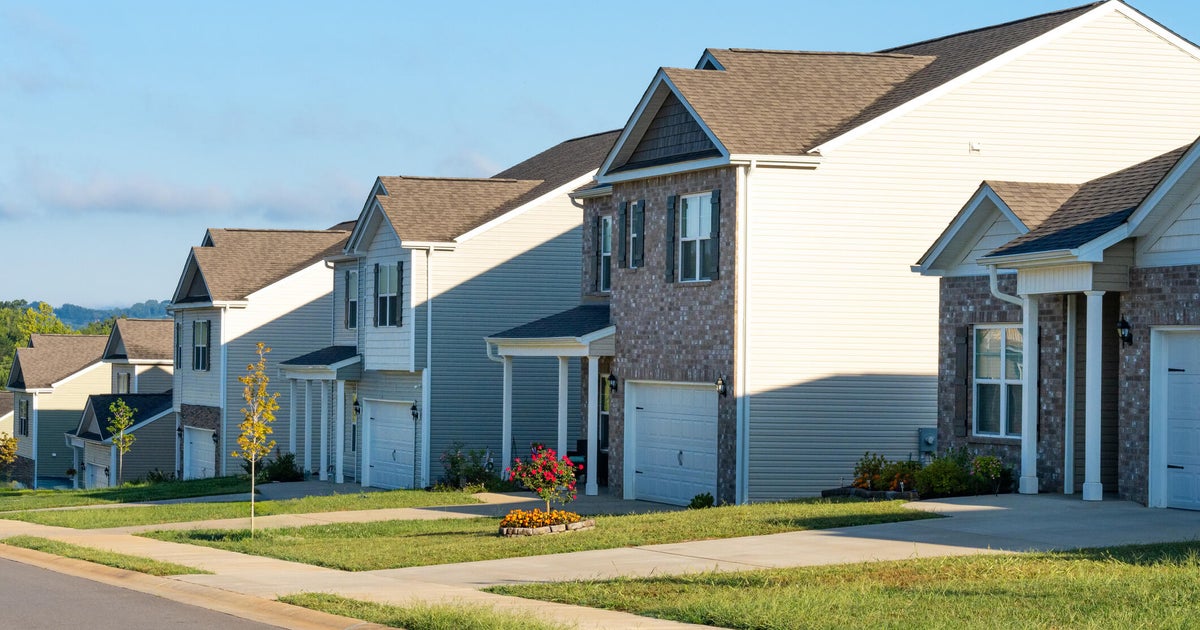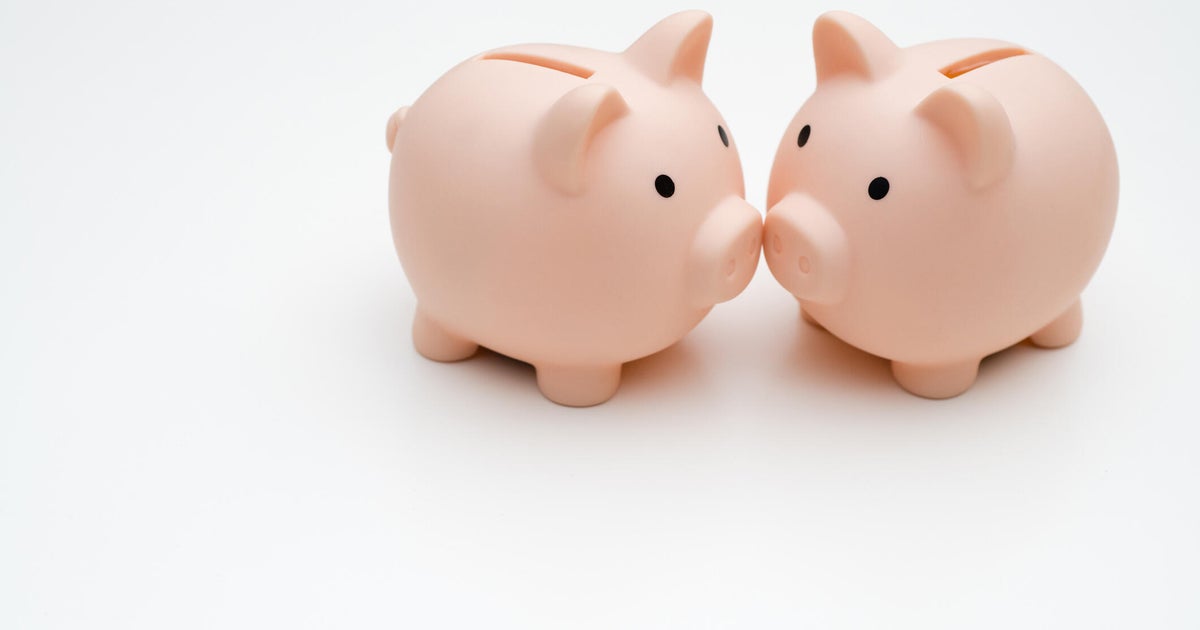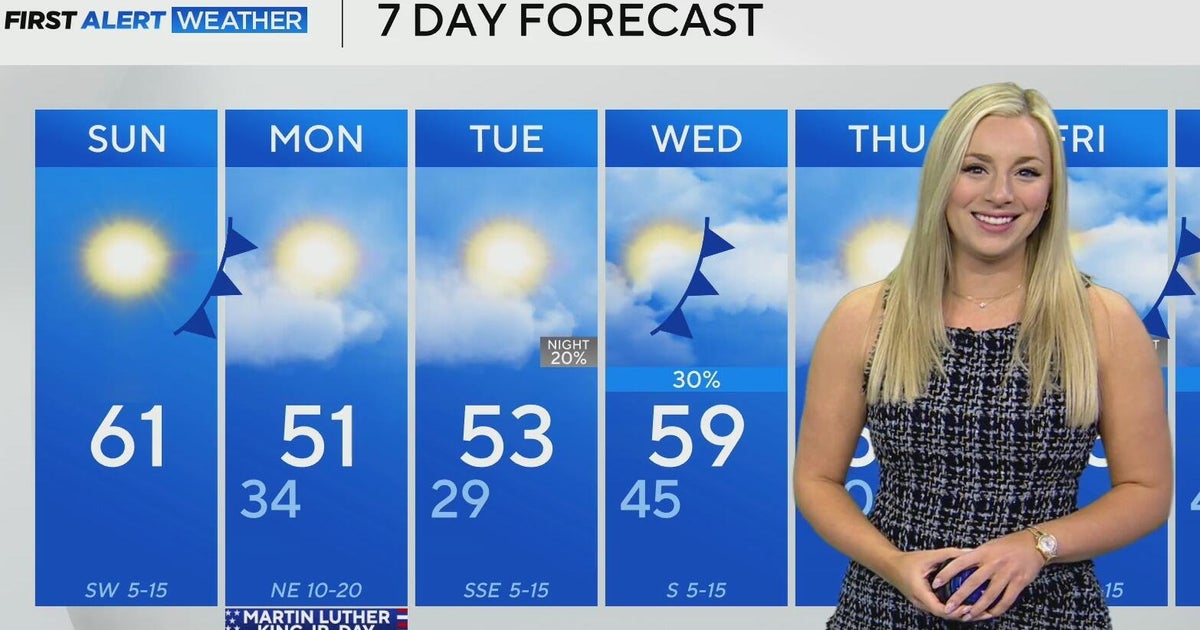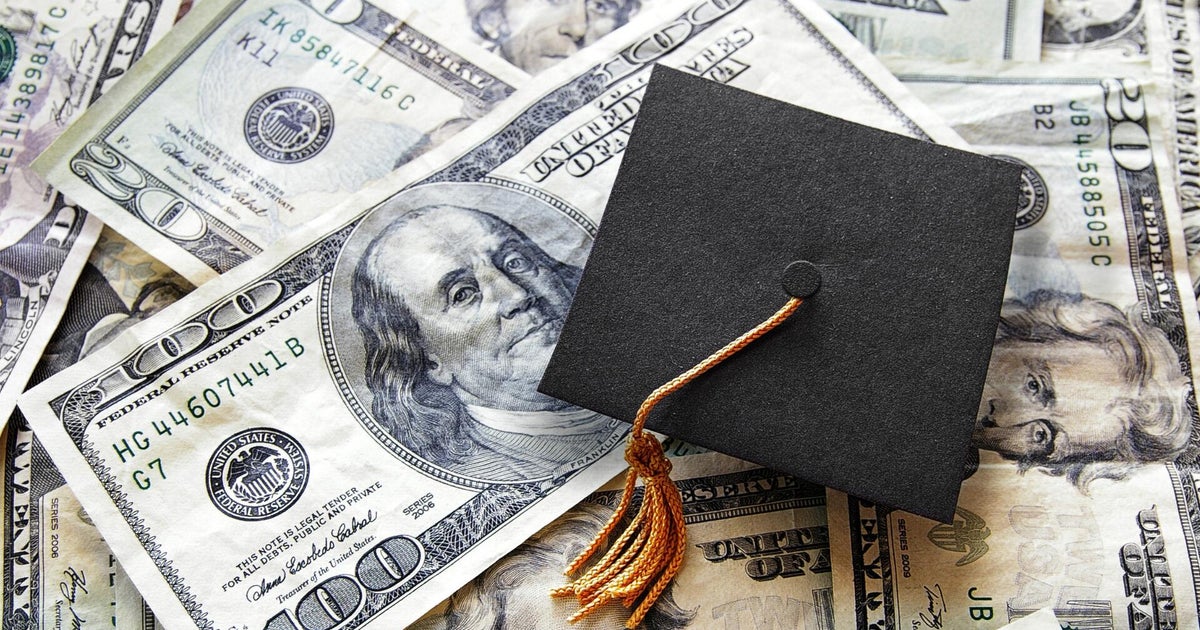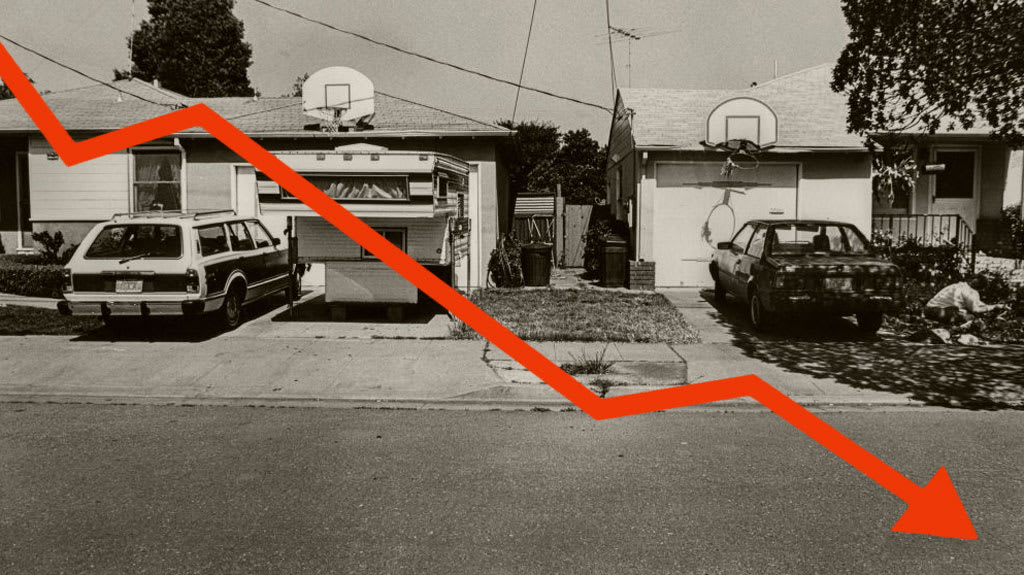What's the HELOC and home equity loan interest rate forecast for 2025?
The U.S. economy remains strong right now — which could have a big impact on where borrowing rates head in the future. Last month, 256,000 new jobs were added to the job market, and unemployment remained largely unchanged at 4.1%. Inflation has also significantly cooled compared to recent peaks, but in November, the inflation index rose slightly to 2.7%, causing the Fed to lower the number of projected rate cuts in 2025.
A lower number of Fed rate cuts would have an impact on where borrowing rates head. As a result, if you're a homeowner, you may be wondering what could happen to home equity line of credit (HELOC) and home equity loan interest rates in 2025. To understand how the various home equity borrowing rate scenarios could play out, we asked three experts for their insights.
Compare your best home equity borrowing options online now.
Home equity loan interest rates will drop
HELOC and home equity loan rates could drop this year, but the Federal Reserve would need to lower the federal funds rate for that to happen. The federal funds rate influences the prime rate, which HELOCs are tied to.
"If they lower the federal funds rate, it usually sends ripples through the lending world, bringing down rates across the board," says Mike Roberts, co-founder and CEO of City Creek Mortgage. "Also, if inflation cools off and the economy stabilizes, the Fed might lower rates to encourage borrowing. That would trickle down to us, making home equity loans more affordable for borrowers."
The Fed is currently expected to lower its benchmark rate twice in 2025.
"This would take the prime rate down to 7% if that forecast remains constant," says Lindsey Harn, a real estate agent at Christie's International Real Estate. "However, the forecast has changed wildly for the past few years," she added. "With the incoming administration and new policies likely to follow, this forecast is likely to change. If inflation continues to go down and there is any further weakness in employment data, rates will move lower."
According to Chad Harmer, a financial planner and founder of Harmer Wealth Management, broader economic conditions also play a role.
"Should inflation drop noticeably below the Fed's 2% target, this would signal a slowing or maybe recessionary state of the economy. Under such circumstances, reduced rates could be used to boost borrowing and economic activity," Harmer says. "More lender competition could cut rates, especially in a slowing down property market when financial institutions try to draw in customers."
Find out how affordable a home equity loan or HELOC could be today.
Home equity loan interest rates will stay the same
There's also a chance that home equity loan interest rates will stay the same, but the Federal Reserve would need to hold steady on its benchmark rate for that to occur.
"This means no big changes in inflation or economic growth that would force lenders to adjust their rates," says Roberts. "Consistency in the market helps keep things predictable for everyone."
"If inflation stays close to the goal range and the economy shows consistent, moderate expansion free from major disturbance, this is the most likely situation. Maintaining present rates would also depend on stability in home demand, consumer spending, and employment," Harmer says.
However, Harn says that it's unlikely inflation and economic conditions will remain the same.
"Rates rarely stay put as the Fed is charged with trying to stay ahead of the economy before it goes into a recession or before inflation increases. It's never static," Harn says.
Home equity loan interest rates will rise
If inflation spikes again or the economy begins showing signs of stronger-than-expected growth, though, there's a chance that the Federal Reserve could raise interest rates.
"This would push home lenders to increase home equity loan rates too. Higher borrowing costs usually mean higher rates for consumers, so it's something we all need to keep an eye on," says Roberts.
Harn says that the Fed is also watching to see how policy changes by the new administration, many of which could be inflationary in nature, may impact the home equity borrowing market.
"Tariffs increase the cost of goods, and deportations alter the cost of labor, particularly on our food production," Harn says.
Wage pressures or supply chain interruptions could also cause inflation and lead to higher interest rates, Harmer says.
The bottom line
While home equity borrowing could be a good option in 2025 — especially if rates fall even lower than they are currently — it's important to remember that your home serves as collateral for the loan, so you should only borrow what you need and can afford to repay. After all, if you fall behind on the monthly payments, your lender can foreclose on your house. It's also important to remember that HELOC rates, in particular, are variable, so should rates unexpectedly rise, the cost of your HELOC could increase as well, making it more expensive to pay back what you owe.
